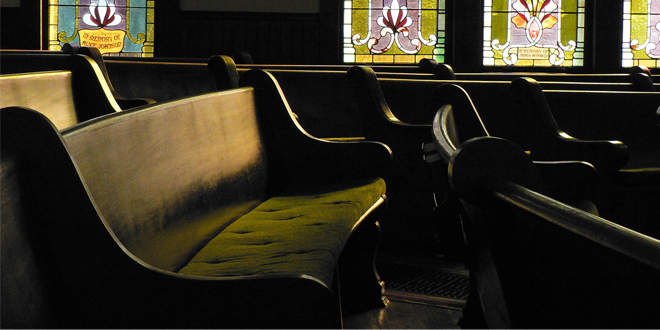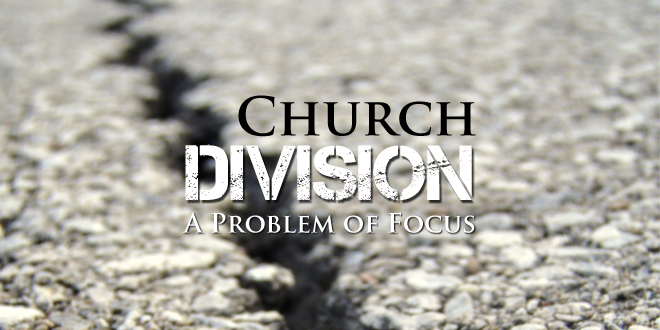
I’ve heard it said many times lately. I’ve even said it myself: “I feel like a stranger here.” Never have I felt less at home … at home. This is both good and bad, isn’t it? It’s bad for obvious reasons, but it’s good because the degradation of our culture makes us even more thankful for our hope.
Let’s spend a little time thinking about hope today.
1. Hope Defined
In Proverbs 10:28, the wise man speaks of hope and expectation, using the terms basically synonymously. In Proverbs 13:12, he uses the terms hope and desire synonymously. So hope is desire for something, and expectation that I will receive it. Those who are only vaguely familiar with the biblical teachings understand that we hope for eternal life (Titus 1:2).
Hope is so wonderful! It changes our focus from here to eternity. Paul, a man of hope, reminded us that “our citizenship is in heaven” (Phil. 3:20), and that we should “trust in the living God” (1 Tim. 4:10; 6:17).
2. Hope Secured
The hope that we have is secure! First, it is secure in Jesus (1 Cor. 15:19; Heb. 6:19-20). When we talk about hoping for heaven, we are talking about something that is not only a desire, but a secure expectation! But that expectation is conditional, isn’t it? On a personal level, our hope is secured in our faith (Heb. 11:1), because faith is the substance of that for which we hope. Further, our hope is secure in our faithfulness. We are to “fight the good fight of faith” and “lay hold on eternal life” (1 Tim. 6:12, 19). This reminds me that hope is an expectation conditioned upon our faithfulness to God.
Then, there are things which that hope secures for us. For example, our hope secures our reason to rejoice (Rom. 12:12). Further, our hope secures our bold speech (2 Cor. 3:12). We speak boldly because we know that heaven awaits!
3. Hope realized
Today, our hope is not seen. Paul said that if hope were seen, then it would not be hope (Rom. 8:24-25)! “But if we hope for what we do not see, we eagerly wait for it with perseverance” (Rom. 8:25). One day, faith will become sight, and hope will be realized (1 Thes. 4:13-18).
were seen, then it would not be hope (Rom. 8:24-25)! “But if we hope for what we do not see, we eagerly wait for it with perseverance” (Rom. 8:25). One day, faith will become sight, and hope will be realized (1 Thes. 4:13-18).
Let’s wrap it up: We are a people of hope! That’s why we can endure in spite of all of the things going on in our world. That’s why we can overcome temptation and sin. That’s why we can be victorious over Satan as we fight our personal battles to secure Christ’s victory. It’s all because of the hope that we have in Christ Jesus.
But I am also reminded that there are those who have no hope (1 Thes. 4:13). They are without Christ (Eph. 2:12), that is, they do not have a relationship with Christ. It is to those without hope that we lovingly, yet boldly and urgently, plead to come to the Savior and to rest in His promises.
[divider]
 This is a partial transcript from my weekday podcast, The New You, where we focus on maintaining and accentuating the new that Christ created in each of us as Christians. A new episode is available each Monday through Friday on The Light Network. Click here to see all of the episodes.
This is a partial transcript from my weekday podcast, The New You, where we focus on maintaining and accentuating the new that Christ created in each of us as Christians. A new episode is available each Monday through Friday on The Light Network. Click here to see all of the episodes.
















